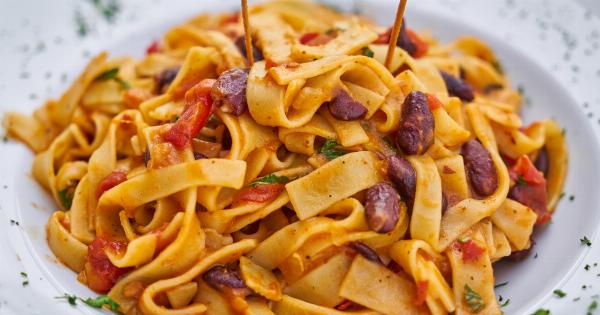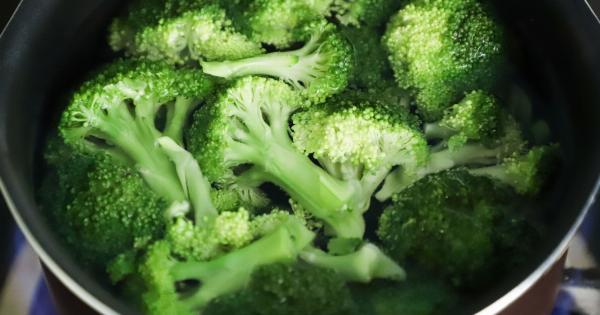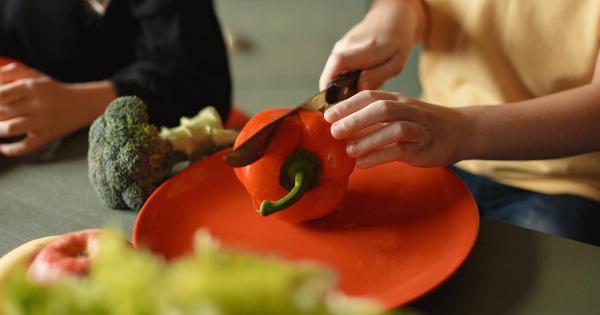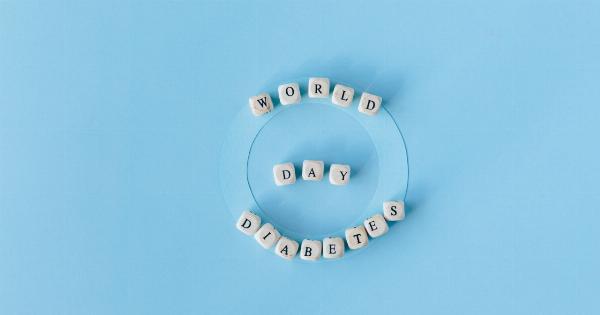Have you ever found yourself overeating, feeling bloated and sluggish, but not really sure why? Your diet may be the culprit, particularly the texture of the foods you eat.
Coarse, rough or hard foods may increase the likelihood of overeating, leading to unwanted weight gain and health problems.
What Are Coarse Foods?
Coarse foods are any foods that have a rough or gritty texture, rather than being soft and smooth. Examples of coarse foods include whole-grain bread, raw vegetables, and tough meats.
These types of foods tend to be high in fiber, which can be beneficial for overall health, but they can also be difficult to digest and may cause digestive discomfort, such as bloating and gas.
How Do Coarse Foods Affect Our Eating Habits?
When we eat coarse foods, we may naturally eat more because it takes longer to chew and swallow. This can lead to overeating and feelings of fullness, which can cause bloating and indigestion.
Additionally, rough textures can stimulate the release of saliva and other digestive juices, which can make us feel hungry and consumed more food.
On the other hand, highly processed, soft foods, such as potato chips, donuts, and bread, can be swallowed quickly without much chewing. This can lead to eating more calories than we need before we even realize it.
The Science Behind Coarse Foods and Overeating
Several studies have examined the link between the texture of foods and our overall food intake. One study found that people who ate coarse bread consumed fewer calories than those who ate soft white bread.
The participants who ate the coarse bread also reported feeling more full and satisfied after eating, despite consuming fewer calories.
Another study looked at the effect of adding fiber to a liquid meal. Participants consumed a high-fiber meal with a pulpy texture or a low-fiber meal with a smooth texture.
The study found that those who ate the high-fiber pulpy meal felt more full and consumed fewer calories throughout the day.
The Importance of Chewing
Chewing is essential for digestion and nutrient absorption. When we chew our food, our teeth break it down into smaller pieces, allowing digestive enzymes to more easily break down the food and extract nutrients.
Additionally, chewing signals our brain to release certain digestive hormones, which can help regulate appetite and prevent overeating.
When we eat soft, processed foods, we tend to chew less, which can lead to inadequate nutrient absorption and overeating. Eating coarse, whole foods requires more chewing, which helps us feel more satisfied and prevents overeating.
Tips for Incorporating Coarse Foods into Your Diet
Incorporating more coarse foods into your diet can be beneficial for your health and can help prevent overeating. Here are some tips to help you get started:.
- Choose whole-grain bread, instead of white bread
- Add raw vegetables to your meals, such as salads, soups, and stir-fries
- Eat fresh fruits, rather than canned or processed fruit
- Choose tough cuts of meat, such as lean beef and pork
- Eat nuts and seeds, as they are typically coarse in texture
Conclusion
Coarse foods have a variety of health benefits, including increased fiber intake, improved digestion, and regulation of appetite.
However, these types of foods may also contribute to overeating and digestive discomfort if consumed in excess or without sufficient chewing. By incorporating more coarse foods into your diet and taking the time to chew thoroughly, you can prevent overeating and improve your overall health.






























